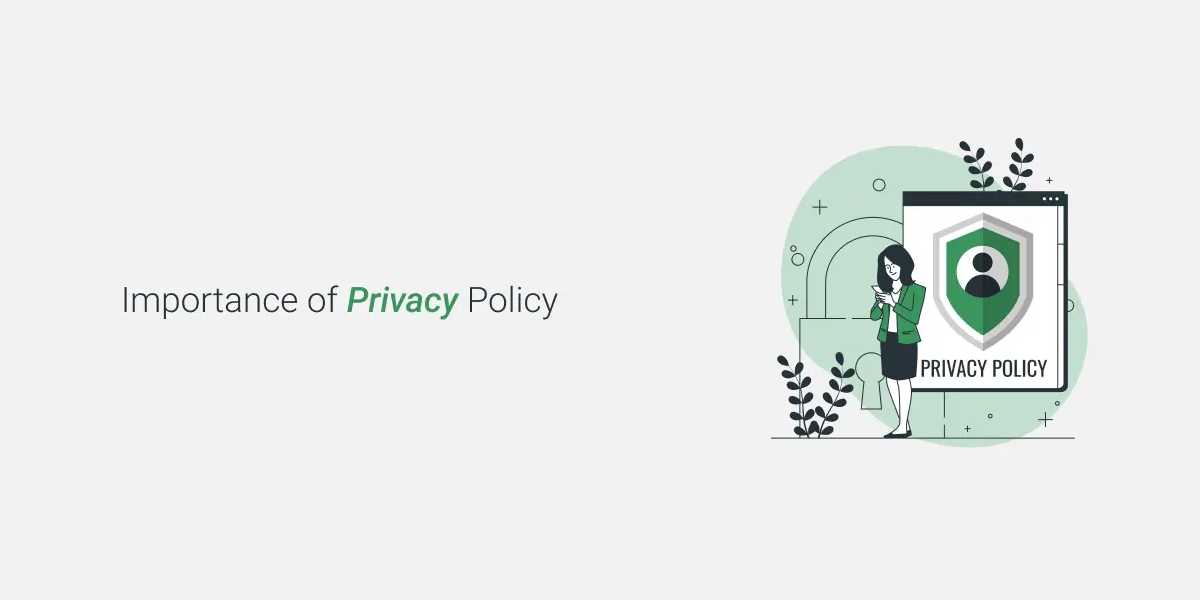Introduction
The privacy policy section of a corporate website, social media platform or e-commerce site is a frequently skipped and even ignored section. However, it is of paramount importance for businesses to ensure it is updated and relevant. The policies around data collection from users, its management and storage are listed in the privacy policy. It holds legal relevance for all parties involved and hence is an important section of any webpage.
Let us look into some salient pointers around privacy policies in this article.
What is a privacy policy?
A privacy policy is a legal declaration in a website that details out how the website or organization collects, stores and uses the site visitor’s information it collects through the site.
When a user visits a website, they may be asked information for the site to better service their needs. This could be name, contact information, date of birth, IP address, mailing address or even financial information depending on the nature of the website and the services it provides.
The privacy policy lists how such data is collected (directly or indirectly), how long it is stored, where it is used and whether the data is shared with any third parties.
Why is a privacy policy needed on a website?
Through the accessibility that the internet provides, websites all over the world have access to vast quantities of user data. Many websites use cookies for tracking their customer’s behaviour, subscription emails and location as well.
Regulations around such data collected are framed by different countries in an attempt to ensure individual privacy of data.
Different geographies have laws that govern protection of customer data in their region.
For example,
- In the United States, various data protection laws have framed to help to certain demographics and circumstances. The most acknowledged one is the Children’s Online Privacy Protection Act (COPPA).
How to draft a privacy policy for a specific website?
Privacy policy documents are ideally framed by lawyers and are unique to the product or service represented by the website. Plagiarizing privacy policy is not only illegal but also counter-productive to the whole exercise of user privacy.
Websites can follow some common and useful pointers for drafting their privacy policy. Most of the two important elements are as follows.
- The website information ought to be explicitly collected from visitors
- In case cookies are used, they must explicit ask for user consent.
- Content collected by cookies should be aggregated and not shared with third parties at individual data level.
- The website should monitor the impact of user experiences in case they are using the cookies
- The privacy policy should list the time period that user data will be held by the website.
What is the effective way to maintain an accurate privacy policy on the website?
To maintain an accurate privacy policy on every website, third-party service providers have to stay updated on the accuracy of the privacy policy in a specific time period. It is important for businesses to keep updating the policy as and when the norms around data governance of user data on their website change.
Conclusion
A privacy policy could be a matter of contention if it is not updated or revised regularly. As part of standard website maintenance activities, it is important to update privacy policies on websites.
There are chances for concerns regarding privacy to crop up suddenly in the future. Hence, it is best for companies to arm their sites with best practices that are listed clearly in a detailed privacy policy.





0 Comments